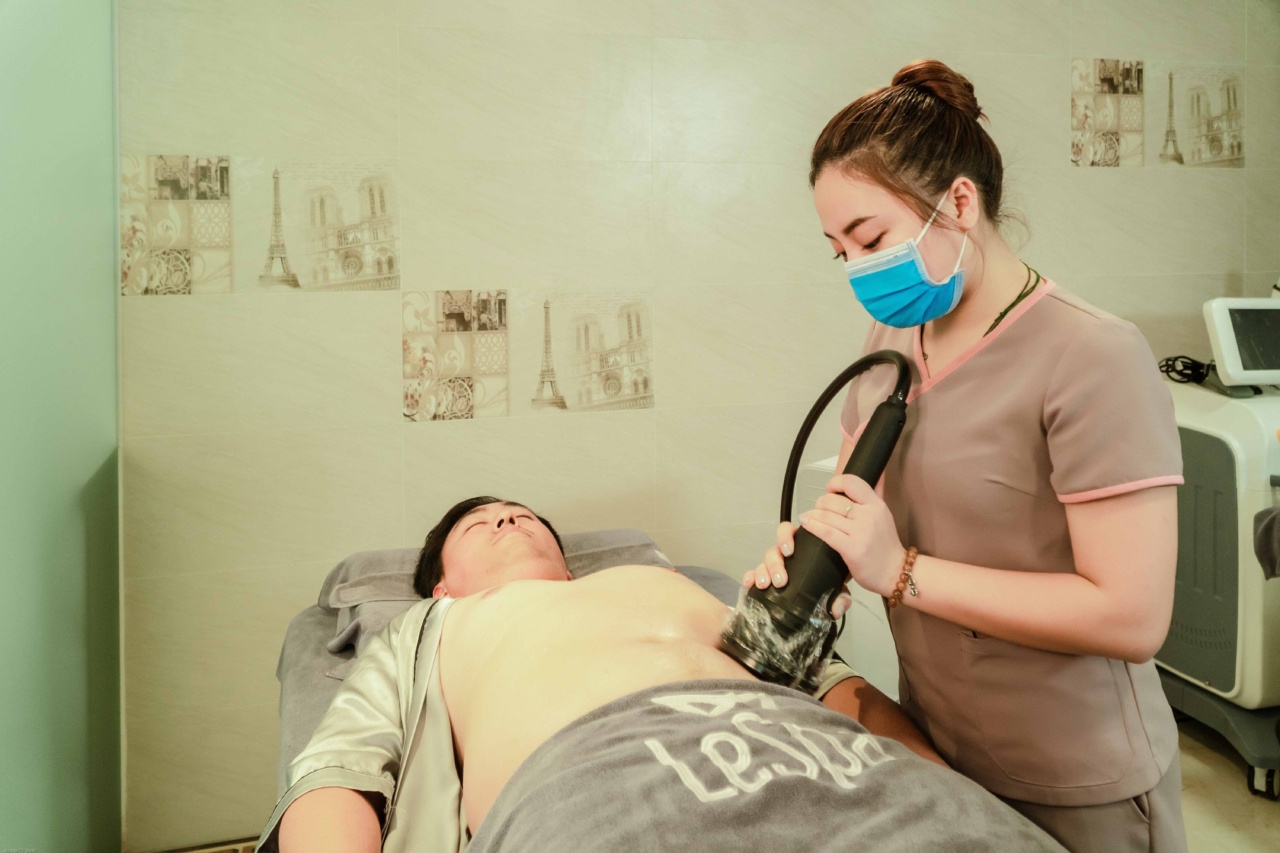Gastroenteritis is a common illness that affects millions of people around the world every year.
One of the leading causes of gastroenteritis is norovirus, a highly contagious virus that can spread quickly in various settings, including hospitals, schools, and cruise ships. In this article, we will delve into the symptoms and treatment options for norovirus-induced gastroenteritis.
Symptoms of Norovirus-Induced Gastroenteritis
Norovirus-induced gastroenteritis is characterized by a range of unpleasant symptoms that primarily affect the gastrointestinal system. The most common symptoms include:.
- Vomiting
- Diarrhea
- Abdominal pain
- Nausea
- Low-grade fever
- Headaches
In addition to these gastrointestinal symptoms, people with norovirus-induced gastroenteritis may also experience muscle aches, fatigue, and mild dehydration.
It is important to note that symptoms can vary in severity from person to person, and some individuals may present with asymptomatic or mild cases.
Transmission of Norovirus
Norovirus is highly contagious and can spread through various routes of transmission. The virus is primarily found in the stool and vomit of infected individuals, and can be transmitted through:.
- Direct person-to-person contact
- Consumption of contaminated food or water
- Touching contaminated surfaces and then touching the mouth, nose, or eyes
The virus can survive on surfaces for several days, making it easy for it to spread in crowded areas or environments with poor hygiene practices.
It is important to practice proper hand hygiene and take necessary precautions to prevent the spread of norovirus.
Treatment Options for Norovirus-Induced Gastroenteritis
Currently, there is no specific treatment for norovirus-induced gastroenteritis. The best approach is to manage the symptoms and prevent dehydration. Here are some treatment options that can help alleviate the symptoms:.
1. Hydration
It is crucial to replenish lost fluids and electrolytes due to vomiting and diarrhea. Drinking plenty of clear liquids such as water, sports drinks, and oral rehydration solutions can help prevent dehydration.
2. Rest
Getting adequate rest is important to help the body fight off the virus. It is recommended to stay home and avoid close contact with others to prevent further transmission.
3. Medications
Over-the-counter medications can be used to relieve symptoms such as nausea, fever, and abdominal pain.
However, it is important to consult a healthcare professional before taking any medication, especially for children and individuals with underlying medical conditions.
4. Proper Hygiene Practices
Practicing good hygiene is essential to prevent the spread of norovirus.
This includes frequent handwashing with soap and water for at least 20 seconds, avoiding close contact with infected individuals, and cleaning and disinfecting contaminated surfaces thoroughly.
Prevention of Norovirus
Preventing the spread of norovirus is crucial to protect oneself and others from contracting the virus. Here are some preventive measures:.
- Wash hands frequently with soap and water, especially before and after preparing food, using the toilet, or changing diapers.
- Avoid consuming contaminated food or water, especially in areas with poor sanitation.
- Thoroughly clean and disinfect contaminated surfaces with an appropriate disinfectant.
- Stay home when experiencing symptoms and avoid close contact with others to prevent transmission.
- Follow proper food safety practices, such as cooking food thoroughly and storing it at the correct temperatures.
Conclusion
Norovirus-induced gastroenteritis is a highly contagious illness that can cause significant discomfort and distress. Understanding the symptoms and treatment options can help individuals manage the illness effectively.
While there is no specific cure for norovirus, symptom management and prevention of dehydration are key. By practicing good hygiene and following preventive measures, we can reduce the spread of norovirus and protect ourselves and others from this common gastrointestinal illness.































